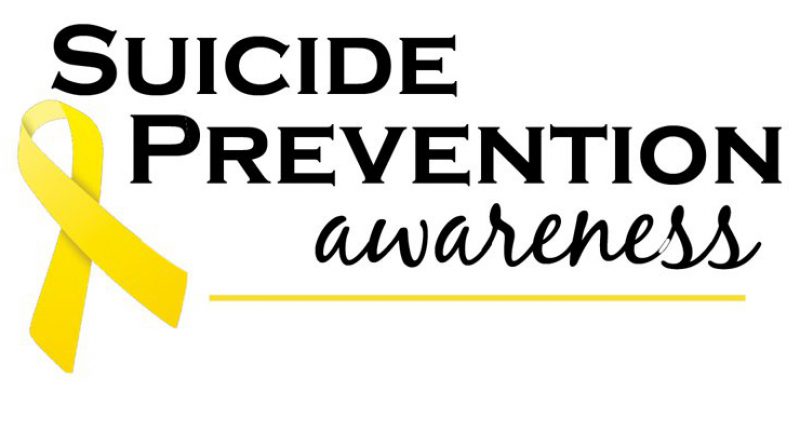

Suicide Prevention and Warning Signs
September 10, 2021 by Counseling and Wellness Center of Pittsburgh suicide, suicide prevention, suicide warning signs 0 comments
September 10 is World Suicide Prevention Day. According to the World Health Organization, over 700,000 people will die by suicide each year. We should think about the signs, symptoms, and behaviors of the people around us so that we can do our best in having awareness to prevent suicide.
Suicide is, unfortunately, still a taboo topic and product of dismal and ill mental health; major depression, bipolar disorder, borderline personality disorder, psychosis, and schizophrenia, are a few of the disorders which are typically associated with an increased risk for suicide.
For those who are closest to someone suffering from mental health disorders, the symptoms are very difficult to see for what they are. The thoughts, behaviors, and feelings of a depressed person are a set of treatable symptoms which are a produced by mental illness. Our science and psychology hold diagnostic labels but for the human beings who act out suicide, these symptoms are a daily life experience, they are much more than a label.
Mental illness is an often invisible disease causing people to suffer immensely, those who are in the depths of depression or other mental illness, often have not sought treatment with a therapist or mental health professional. A person may walk through life for many years, hollow and bleak, no longer able to experience the hope or purpose to continue living. They may become so overwhelmed that they can no longer imagine the purpose of surviving more days while struggling with their feelings of despair, sadness, conflict, and internal pain. Often the person who commits suicide is one whose self-esteem and thoughts have entered a place of such distortion that they imagine the people who survive them will be better off without them in their lives. Again, this kind of thinking is a product of the illness. Please spend a few moments looking over the suicide warning signs according to the American Foundation for Suicide Prevention.
Behaviors
- Isolating themselves.
- Not returning phone calls.
- Not showing up for family or friends invitations.
- Being withdrawn.
- Giving away possessions.
- Sleeping too much.
- Sleeping too little.
- Using substances to excess.
Talk
- Talking about suicide. *Especially sharing that they have a plan and a way to carry it out.
- Saying that friends and family would be better off without them.
- Feeling like a burden.
- Feeling hopeless.
- Feeling that there is no reason to live.
- Talking about deep feelings of depression or anxiety.
Mood
- Depressed
- Anxious
- Angry
- Confused
- Tearful
- Sudden increase in mood or energy
Environmental Risk Factors
- Relationship problems.
- Financial problems.
- Having access to lethal means such as pills or guns.
- Prolonged stress.
If this sounds like someone you know, or if you have been feeling these things recently, please seek help. Call your local crisis center, here is a number for a national suicide hotline 1-800-273-TALK. Remember that the emotions are temporary and life’s situations which overwhelm us are solvable. Mental health help is around the corner. If your loved one has expressed these things to you, or is exhibiting some of the warning signs, stay with them, ask questions and let them talk about their worries and problems, your presence will help, listen with patience and compassion and be with them while calling the suicide prevention hotline or getting them to a local hospital.
Related Posts
Suicide Prevention and Warning Signs
September 10, 2021
September 10 is World Suicide Prevention Day. According to the World Health...
Suicide Prevention
June 8, 2018
With the suicide of two Hollywood Stars this week, both Kate Spade fashion...



